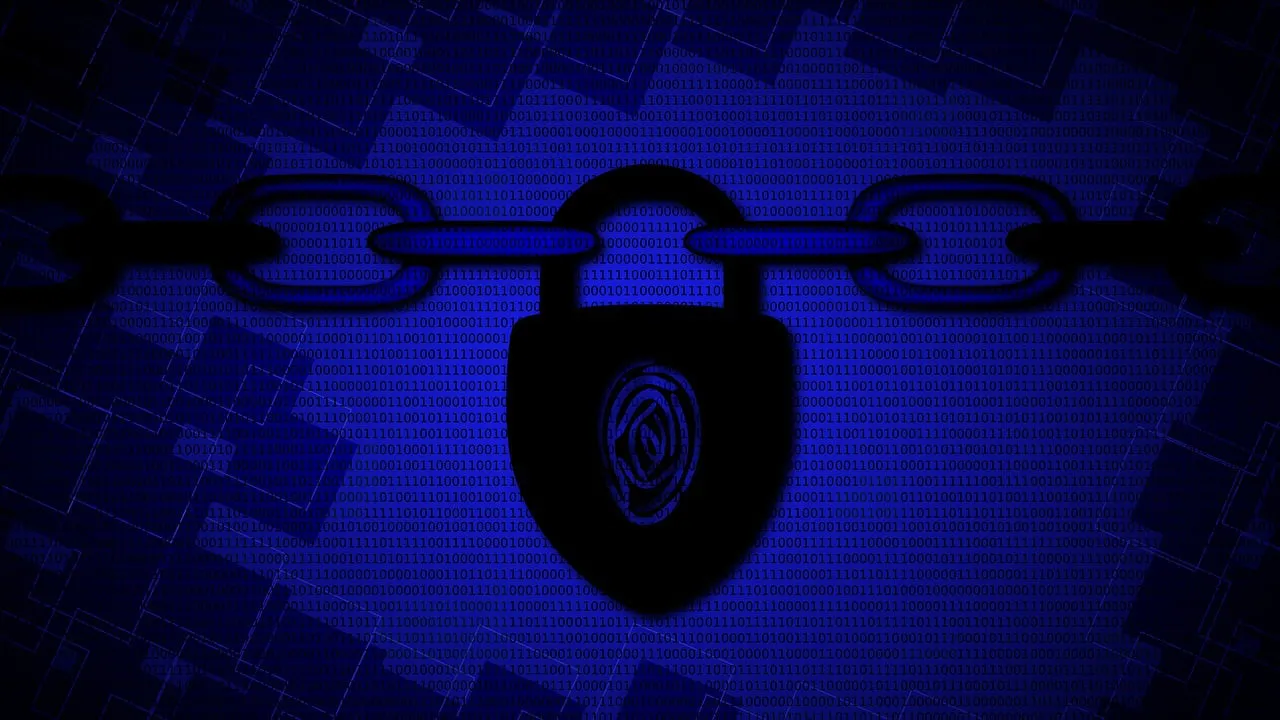Cybersecurity is becoming a top priority. Cybercrime damages the global economy by $6 trillion annually. The cost of cybercrime is rising rapidly and is predicted to rise by up to 15% over the next five years. Cybercrime is anticipated to cost the globe $10.5 trillion annually by 2025. Every 39 seconds, a cyberattack occurs. According to Sophos’ The State of Ransomware in Healthcare 2022, ransomware attacks affected 66% of healthcare organisations in 2021, a 94% rise from the previous year.
Outsourcing and Cybersecurity
For European companies considering outsourcing software development and support to Indian software companies, it is crucial to understand the cybersecurity landscape and the emerging trends that can impact business operations. This article aggregates insights from various sources, providing a balanced approach that can help European firms feel confident about outsourcing to a reliable Indian software development partner. Companies can make informed decisions and collaborate effectively with their outsourcing partners by understanding cybersecurity predictions, challenges, and best practices.
Cybersecurity Predictions and Challenges
Gartner Group and the World Economic Forum offer valuable insights for companies considering outsourcing software development. These predictions and challenges highlight the importance of privacy laws, cybersecurity mesh architecture, cloud-delivered security solutions, risk-based third-party transactions, ransomware regulation, cybersecurity committees, organisational resilience, and cyber-physical systems management.
Moreover, the increasing complexity of cybersecurity challenges, fragmented and complex regulations, dependence on other parties, lack of cybersecurity expertise, and difficulty in tracking cybercriminals necessitate a proactive and comprehensive approach to tackling cybersecurity issues.
Cybersecurity Best Practices
Cybersecurity best practices are essential for individuals and organisations to maintain safety in cyberspace. Basic “Cyber hygiene” practices include:
- Using strong passwords.
- Updating software.
- Being cautious with suspicious links.
- Enabling multi-factor authentication.
In conclusion, government and private entities should develop and implement tailored cybersecurity plans and processes to protect their operations.
Integrating Cybersecurity into Product Design
GDPR states that there must be Security by Design and Security by Default. Therefore, it is essential to consider Cyber Security before even developing a software product.
Accordingly, the HBR article “Cybersecurity Needs to Be Part of Your Product’s Design from the Start” by Jack J. Domet emphasises the importance of integrating cybersecurity into the initial design phase of products, services, and technology-driven projects. Traditional approaches to cybersecurity are reactive and often insufficient in protecting new products and services. To achieve proactive resilience, companies must shift the role of cybersecurity to become an integral part of business innovation. This requires a change in mindset and collaboration between cybersecurity and design teams, with both parties assuming complementary responsibilities. By integrating cybersecurity as an essential element of innovation and fostering shared responsibility for creating business value, companies can ensure the resilience of their products, services, and operations against potential cyber-attacks in the ever-changing digital transformation landscape. In other words, if security is number one, then it is not something to consider in hindsight.
10 Practical Tips When Selecting an Outsourcing Partner
- Technical expertise and experience: Evaluate the prospective partner’s technical expertise and experience in the specific domain or technology you require. This will ensure they possess the necessary skills to deliver high-quality software solutions.
- Portfolio and client references: Examine the outsourcing partner’s past projects and client references. In particular, ensure that the company has earlier experience with projects that require compliance with the GDPR. A strong portfolio and satisfied clients can indicate their ability to deliver quality work on time and within budget.
- Communication and cultural compatibility: Ensure the outsourcing partner has strong communication skills and is culturally compatible with your organisation. This will foster a smooth working relationship and make collaboration more efficient.
- Security and compliance: Assess the partner’s commitment to security and compliance with industry standards, such as ISO. This will help ensure that your project adheres to best practices and is protected against potential threats.
- Project management and transparency: Look for an outsourcing partner with a solid project management process that offers transparency in their operations. This will help you monitor project progress and make informed decisions when needed.
- Flexibility and scalability: Choose a partner to adapt to your changing needs and scale their team and resources accordingly. This will help ensure that your project can grow and evolve as required.
- Intellectual property protection: Ensure the outsourcing partner has robust measures to protect your intellectual property. This includes signing non-disclosure agreements and implementing secure data storage and transfer mechanisms.
- Pricing model and cost-effectiveness: Evaluate the partner’s pricing model and the overall cost-effectiveness of their services. Ensure the model aligns with your budgetary constraints and offers value for your investment.
- Support and maintenance: Determine if the outsourcing partner offers post-development support and maintenance services. This will ensure that your software remains up-to-date and operational even after completing the project.
- Long-term partnership potential: Consider the potential for a long-term partnership with the outsourcing company. A reliable and trusted partner can support your business’s growth and success over the long term, providing lasting value and expertise.
Conclusion
European companies considering outsourcing software development and support to Indian software companies can benefit from understanding the cybersecurity landscape and adopting a balanced approach. By being aware of the predictions, challenges, best practices, and design principles, companies can make informed decisions and collaborate effectively with their outsourcing partners, ensuring the security and success of their business operations.
Please get in touch with us at Gislen Software to discuss your outsourcing needs!
